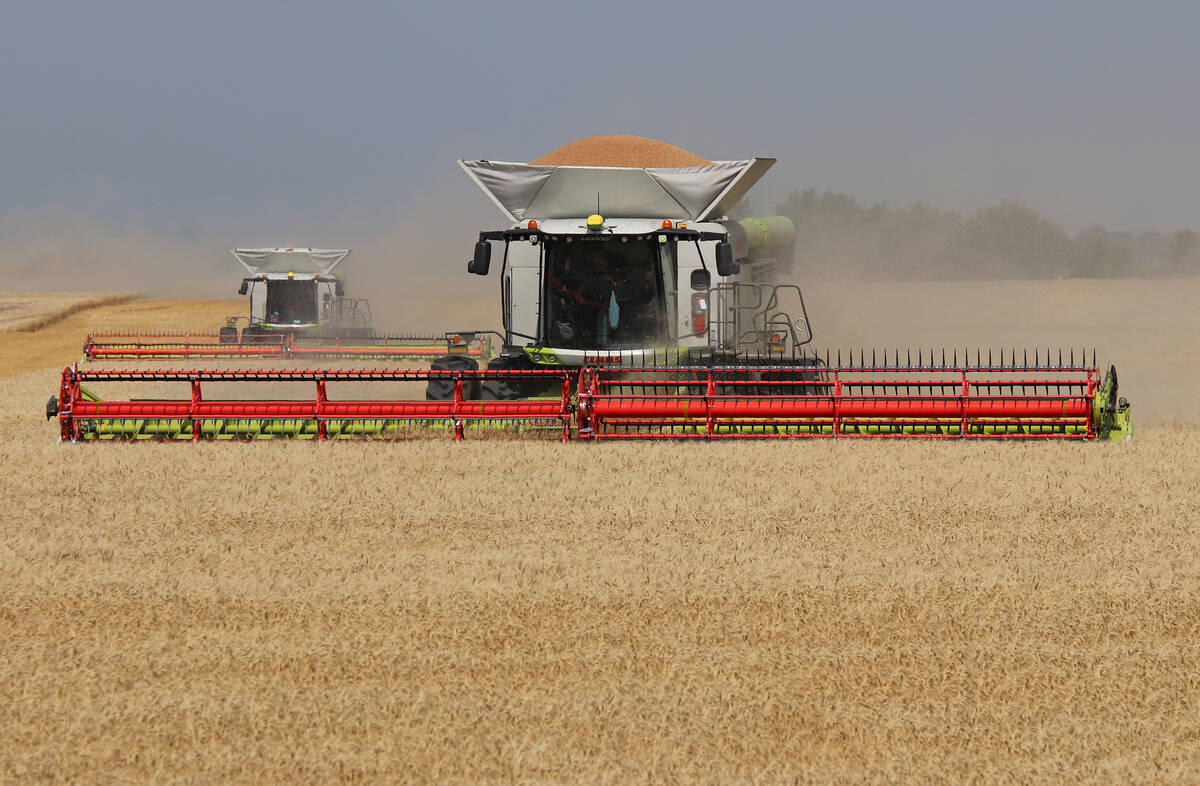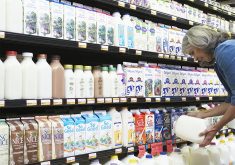The dispute settlement panel for the CPTPP recently ruled on how Canada manages its Tariff Rate Quotas
The Dairy Farmers of Canada and the Government of Canada have different takes on a recent decision regarding dairy imports.
The Dairy Farmers says it’s a disappointment. The feds say it’s a win for Canada’s dairy industry.
Earlier in September, the dispute settlement panel for the Comprehensive and Progressive Trans-Pacific Partnership ruled on how Canada manages its Tariff Rate Quotas under the trade agreement.
Canada is required, as part of the deal with 10 Pacific nations, to open a portion of its domestic dairy market to imports of butter, cream, milk, milk powder and other products from CPTPP nations.
Read Also

China’s grain imports have slumped big-time
China purchased just over 20 million tonnes of wheat, corn, barley and sorghum last year, that is well below the 60 million tonnes purchased in 2021-22.
Last year, New Zealand formally challenged Canada on the quotas. It claimed that only eight percent of the quotas were being filled by imports, because most of the TRQs were being allocated to Canadian dairy processors that have no incentive to compete with their own products.
David Wiens, Dairy Farmers of Canada president, said the panel partly agreed with New Zealand.
“Dairy Farmers of Canada is disappointed with the dispute panel’s ruling, which found that two of the six elements challenged by New Zealand were inconsistent with the… CPTPP. Nonetheless, the panel found that four of New Zealand’s claims were unfounded.”
The federal government, however, called the decision a “clear victory” for Canada.
“The panel has made a significant finding by recognizing Canada’s discretion to set TRQ allocation policies, including determining who is eligible to obtain an allocation,” said minister of trade Mary Ng and agriculture minister Lawrence MacAulay in a joint statement.
“We will not negotiate these allocations with countries who seek to weaken Canada’s supply management system.”
The New Zealand government sees it differently.
The country’s minister of agriculture and trade, Damien O’Connor, said Canada wasn’t living up to its CPTPP commitments. With the ruling, Canada will have to change its policies.
“As part of the CPTPP agreement, we secured new dairy quota access accounting for 3.3 percent of Canada’s market — tens of thousands of tonnes per year in key dairy products for New Zealand’s exporters,” he said.
“This is a significant win for New Zealand and our exporters. Our dairy industry lost out on an estimated $120 million in revenue from the Canadian market in the past three years.”
New Zealand’s High Commissioner in Ottawa, Martin Harvey, made a similar comment.
It’s time for Canada to do the “right thing” and change how it handles the import quotas, he said.
“The outcome… leaves Canada no choice but to finally make TRQs available to those market players who have an incentive to use them.”
If New Zealand does get more access to the Canadian market, it will marginally increase the country’s exports of dairy.
From June 2022 to June 2023, New Zealand sold $26 billion in dairy products to the world.
















